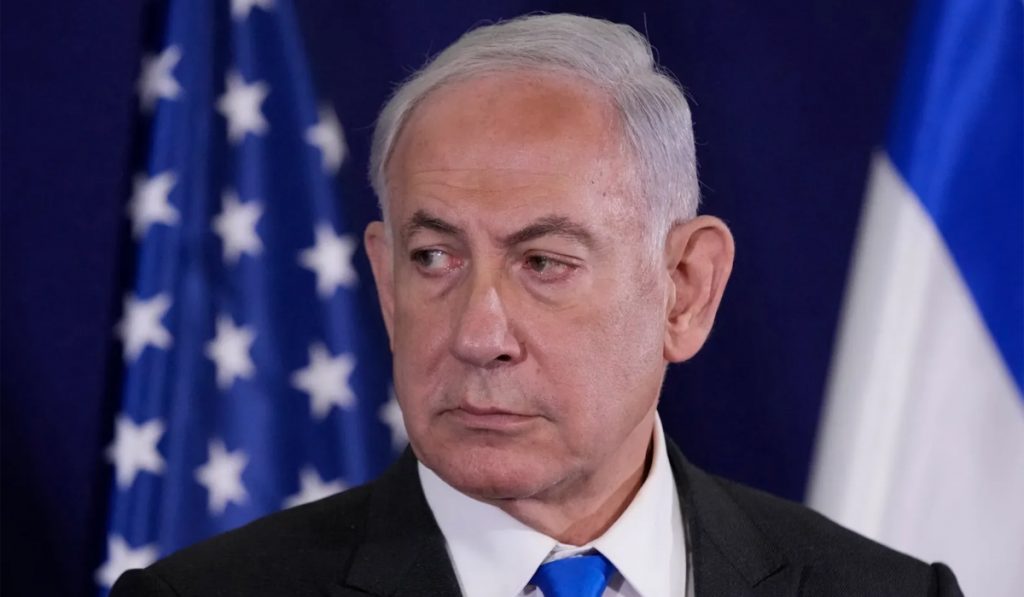Tel Aviv: Israeli Prime Minister Benjamin Netanyahu staunchly defended his decision to press ahead with an invasion of Rafah, a city on the southern border of the Gaza Strip, despite US President Joe Biden’s warning that such an offensive would be a “red line,” POLITICO reported.
Netanyahu stressed he would not back down, citing the October 7 Hamas raid as a crucial factor in his determination, according to the report.
Amid the raging war between Israel and Hamas, Biden, in an interview with MSNBC, criticised Netanyahu saying that he was “hurting more than helping” Israel by failing to limit casualties.
“He’s hurting.. in my view, he’s hurting Israel more than helping Israel by making the rest of the world – it’s contrary to what Israel stands for. And I think it’s a big mistake,” Biden said, expressing concern about the impact on Israel’s international standing.
In an exclusive interview with POLITICO, Netanyahu addressed concerns raised by President Biden, who expressed opposition to an escalation in Rafah, saying, “We’ll go there. We’re not going to leave. You know, I have a red line. You know what the red line is, that October 7 doesn’t happen again. Never happens again.”
The Israeli PM said the deadly Hamas raid that claimed over 1,160 lives in his homeland served as a key justification for his resolve. Without naming Arab countries, Netanyahu said he had the implied backing of numerous leaders to proceed with the offensive against Hamas.
“They understand that, and even agree with it quietly,” he said in an interview with Axel Springer, POLITICO’s parent company, adding, “They understand Hamas is part of the Iranian terror axis.”
President Biden, expressing growing frustration with Netanyahu’s approach, emphasised his opposition to further Palestinian casualties. He said in an interview with MSNBC, “I could not accept 30,000 more Palestinians dead.” The humanitarian implications of an attack on Rafah were also underlined by Germany’s Foreign Minister Annalena Baerbock, who referred to it as a potential “humanitarian catastrophe.”
Netanyahu defies Biden’s ‘red line,’ vows to invade Rafah despite warnings
